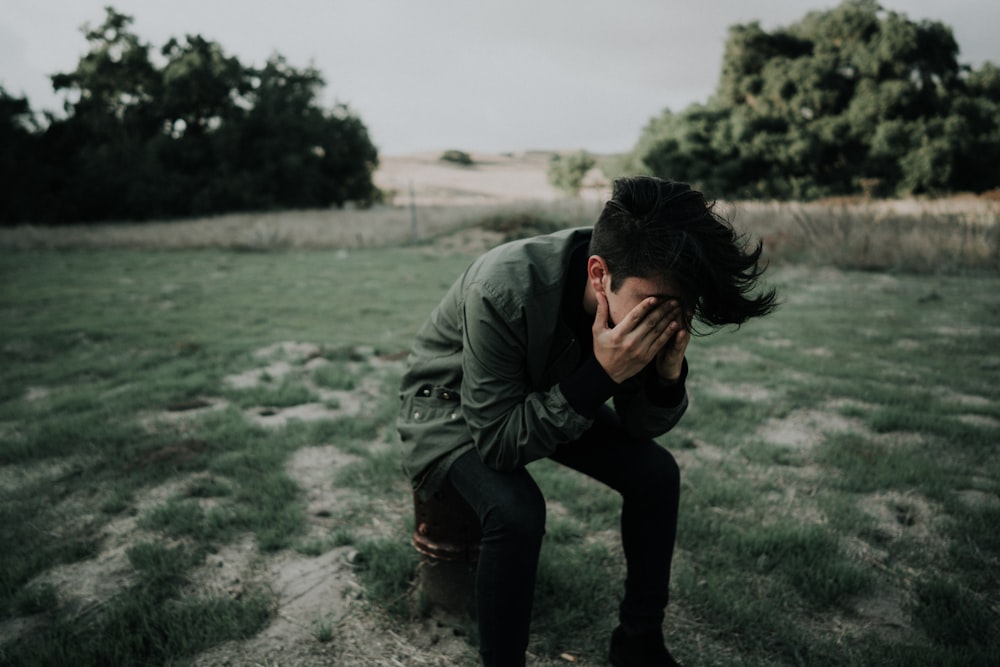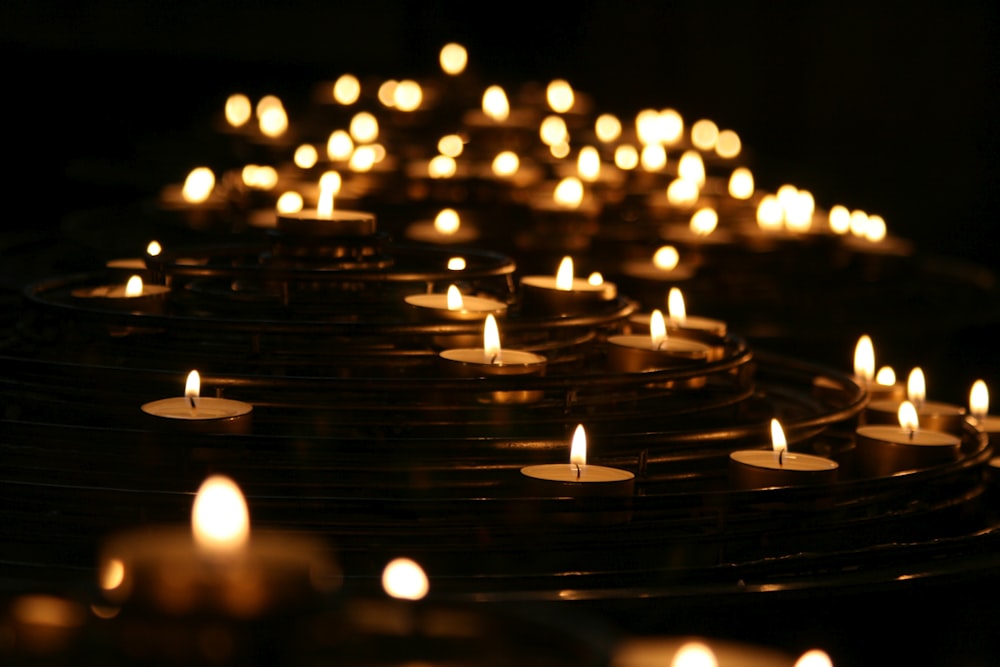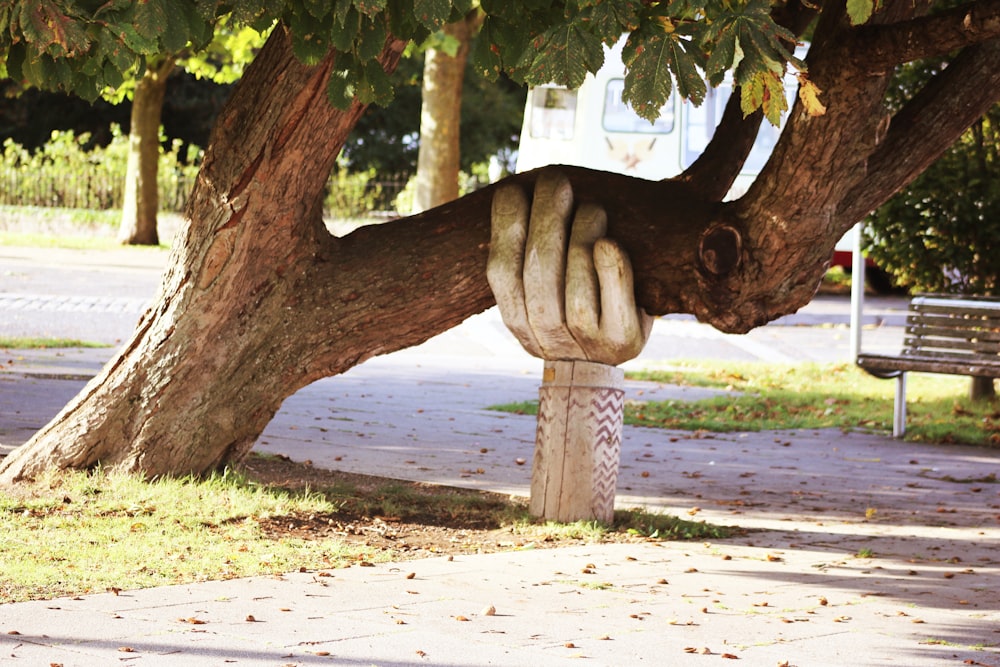Losing someone is the hardest challenge anyone has to go through. Grief is something we all go through in life and it’s something that causes a lot of pain. Not only that but a lot of upset even years after losing that loved one. There is no right or wrong way to grieve, and no amount of time can ever truly cure the upset you feel after. There’s nothing quite as hard as trying to get on with life, after just losing someone who meant the world to you. But grieving is a normal process and one that is relevant after losing a loved one.
It’s not an easy process and sometimes some days will be worse than others and other days you’ll feel ok. Just know it’s completely normal to have days where it’ll hit you a lot harder than others. It’s important to understand the process of grieving, and how to do it in a way that’s healthier for you and is not going to cause you anymore upset. If you feel like it’s not getting any better and the days seem to be getting harder and harder, it’s vital to reach out for help because you’re certainly not alone even if you feel like you’re.
What is grief?

Credit to Francisco Gonzalez on Unsplash
Grief is a normal process to go through, it’s a natural way to respond to loss. It’s an emotional time, with a lot of suffering that you’ll endure after losing someone you love. A lot of the time the pain of loss can be very hard and overwhelming. You may experience all kinds of emotions that you won’t necessarily expect. From shock, anger, guilt and sadness, and a huge impact on not only your mental health but your physical health too.
Trying to be able to cope with losing someone you love is one of the biggest challenges anyone will face in life. Having to cope with the fact that you’ve lost someone who you would see and go to for advice and perhaps have many fond memories of is the hardest part. It’s just the point of realising you have to live a life without them and coming to terms with that is the hardest thing.
But don’t be afraid to grief and don’t be afraid to be emotional and let your feelings out. If you’re sat in your room crying for days on end that’s ok because that’s grief. No one can tell you how to grief and it’s important you do it in a way that suits you. It’s a long process and one that will cause a lot of upset. But it’s a vital step to being able to come to terms with your loss and grief that person and then learn to accept.
The stages of grief

Photo by Mike Labrum on Unsplash
There are five stages of grief and ones that many who are grieving will experience. The first stage is denial, you will start to think that it’s not true or you’ll say to yourself ‘this can’t be happening to me’ and you’ll constantly talk negatively to yourself. You don’t want to accept the fact it’s happened, you think it’s a lie and constantly tell that to yourself.
The next stage is anger, you’ll feel a heightened amount of anger when grieving. You’ll be angry at the fact you couldn’t do anything. You’ll wonder who is to blame, you might even be angry at them in a degree because they left you behind. Or you could feel angry about the way they passed away, if they had an illness you’ll feel angry at that. The next stage is bargaining, getting into that cycle of asking to bring them back and you’ll do anything for that. Saying ‘If I could have them back, I’ll stop drinking’. It’s that stage of exchanging one thing or act for another.
The fourth stage is depression, sometimes the most difficult part. You’ll start to fall into this pit, this pit where you physically can’t feel yourself ever being happy again. You’ll lose all motivation to be able to do anything and constantly put yourself down. You’ll feel a range of emotions throughout the process and depression will be one of them. It’s a hard part of the process to go through as it takes a huge negative impact on your mental health negatively but also your physical health.
The final stage is acceptance, this stage can happen much later or much sooner it depends on the person. But just know that it’s ok to accept, you’re not a bad person for doing that. You’ll accept what’s happened and find peace within it. You’ll start to reminisce on the good times and only hold onto the happy memories and when you think about them you’ll smile.
It’s vital to know that if you’re experiencing any form of these stages or emotions following a loss. It’s completely natural to react and you’ll be able to heal over time. It’s not to say that everyone will go through each stage. Some will only go through a few, but you don’t have to go through each stage in order to be able to heal. They don’t always go in order either and that’s ok, so don’t worry about that.
What you may feel during the process of grieving

Photo by Claudia Wolff on Unsplash
Losing a loved one comes with many different ranges of emotions but some of us experience grief of losing someone in different ways. Just keep in mind that almost everything you go through in the early stages of grief is completely normal. This can be from feeling like it’s a bad dream, to feeling depressed and angry or even questioning your religious beliefs. The grief of losing someone we love comes with emotional and physical symptoms.
You may feel shocked or sense of disbelief right after the loss and it can be hard to even begin to accept what happened. Perhaps, feeling numb having trouble to even believe what’s happened or sometimes even deny the truth. It might lead you to think they may just appear even though you know they’re gone. Something known as profound sadness is probably the most common symptom when it comes to grief. Feelings of emptiness, loneliness and despair. It may lead you to just cry uncontrollably.
You may feel a sense of guilt, you may fall into the process of feeling guilty for not doing things you should have done or said certain things. Anger, even if you know the loss of your loved one is nobodies fault you will feel a sense of anger and resentment. Maybe fear the loss could have triggered a load of worries and fears. You might feel anxious, insecure and helpless and you may even feel yourself panicking a lot.
Physical symptoms could be fatigue, excessive weight loss or weight gain, nausea, lowered immunity, stress levels heightened, aches and pains, insomnia.
Be kind to yourself

Credit to Dawid Zawila on Unsplash
It’s so important not to lose yourself in the grieving process and not to let yourself go completely. It’s so vital to take care of yourself and more importantly when you’re grieving. But it’s important to know that there are ways you can ensure to take care of yourself whilst going through grief. It’s difficult and there is no amount of words that can express how awful it is to go through and just how hard it really is. It’s the fact that you’re in a way forced to live your life without that person, to go on living life without having them in your life. It’s something that somedays you’ll feel incredibly sad about and others you’ll look back at pictures and laugh and smile.
A tip to take care of yourself is to face your feelings, you can try and not grief and push it to the side but you can’t avoid that forever. In order to be able to heal from the trauma, you have to acknowledge the pain. When you try to avoid feeling sad or angry about a loss it only prolongs the grieving process. Try and express your feelings into perhaps something creative, maybe writing about your loss, make a scrapbook filled with pictures of you and that person, listen to their favourite music, look back at memories. Maybe do something for a charity or volunteer for an organisation that your loved one loved too.
Look after your physical health, it’s just as important as your mental health and both need to be looked after. The mind and body come as a pair, they’re connected in more ways then we know. When your body begins to feel healthy, your mind will. You’ll be able to cope better emotionally and when it comes to combatting stress you’ll need to have enough sleep, eat right and exercise. Avoid alcohol and drugs at all costs, it’s not a great way to relieve the pain and it comes with a whole load of consequences.
Try and keep your mind busy, there’s a lot of comfort in having a routine and for someone who’s grieving it can be a real help having it. Having activities you enjoy and hobbies that make you happy and keep you busy to distract you is a real benefit. Another one is not to let anyone tell you how to feel, your grief is your own grief. No one can tell you when to move on or get over it, you have to let yourself grieve, you will know when it’s right to accept what’s happened.
Another thing that may prove to be difficult is coping with grief on an anniversary, a holiday or a milestone that occurs in your life. Make sure you’re prepared to know that it will be a lot harder to go through and that’s normal.
Know when it’s time to reach out for help

Credit to Neil Thomas on Unsplash
When you lose someone them feelings of upset never go away completely. But in time it may get easier as you learn to accept. If the pain of the loss is so constant and continues to be for a very long time this could be something known as complicated grief. This is like being stuck in an intense cycle of mourning over and over again. It could be that you’re constantly having intrusive thoughts or images of your loved one, imagining constantly that they’re still alive, extreme anger or bitterness, feeling that life is empty or meaningless.
But there is a way in which you can get help for any type of grief you’re experiencing and it’s important to know you’re never alone. Grief comes in waves, it’s an emotional rollercoaster that comes with a variety of different emotions and days that are good and bad. A common mental health issue that does tend to arise more with grief is depression and it’s important to get treated.
If you’re experiencing any symptoms of grief and depression it’s vital that you get help as soon as you can. This could mean reaching out to friends and family trying to speak to someone you trust and then let them give you advice. Joining a support group could be beneficial, to hear other peoples stories of how they coped with grief. This will also help with the loneliness side of things, being around people who know how you feel. If your grief is too much, talk to your GP who will then help you find a therapist to help you try and push through the grieving process.
Call Mind on 0300 123 3393
Call Cruse Bereavement Care on 0808 808 1677
If you’re looking for any online counselling or walk and talk therapy whether you’re a parent and you’re looking for your children, you yourself need it or you’re a student or anyone that is struggling at this time, then please do not hesitate to contact Becky. You can access contact details here. Check out the website for more information and what there is to offer.
https://www.counsellorwhocares.co.uk
https://www.facebook.com/BeckyCares/

Journalist

